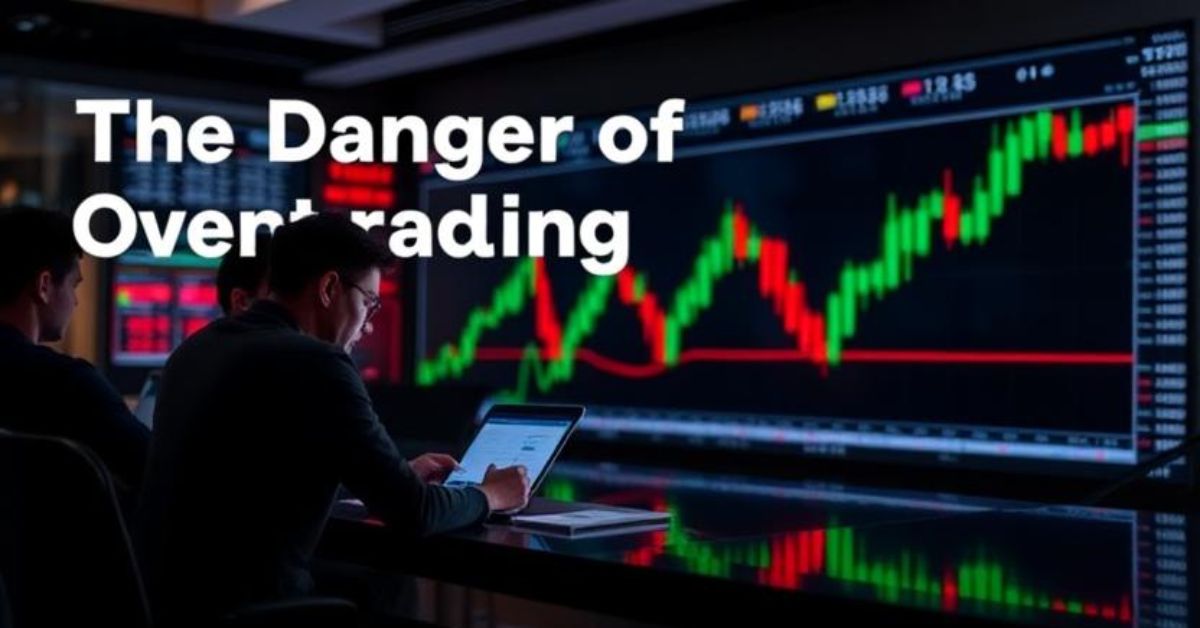Table of Contents
- 1. Introduction to Forex Trading Psychology
- 2. Why Psychology Matters More Than Strategy
- 3. The Role of Fear in Forex Trading
- 4. Understanding Greed and Its Consequences
- 5. The Danger of Overtrading
- 6. Emotional Discipline: Your Most Powerful Tool
- 7. Developing a Winning Trading Mindset
- 8. The Importance of a Trading Plan
- 9. Managing Losses and Bouncing Back
- 10. Staying Objective During Winning Streaks
- 11. The Power of Visualization and Mental Rehearsal
- 12. Controlling Impulse Decisions
- 13. Journaling for Emotional Awareness
- 14. How Sleep and Health Affect Trading Psychology
- 15. Handling Market Noise and External Opinions
- 16. Building Confidence Through Small Wins
- 17. The Impact of Community and Peer Influence
- 18. Automating Trading to Reduce Emotions
- 19. Staying Motivated During Drawdowns
- 20. Conclusion: Mastering Emotions is Mastering Forex
1. Introduction to Forex Trading Psychology
The forex market is one of the most volatile and fast-paced trading environments in the financial world. While technical and fundamental analysis are crucial, psychological discipline often determines long-term success.
Understanding the emotional challenges in forex trading is key. Traders face the constant pressure of market fluctuations, which can trigger fear, greed, and anxiety, leading to poor decisions.
2. Why Psychology Matters More Than Strategy
Even the best strategies can fail without emotional control. Many traders lose money not because their systems are flawed, but because they can’t stick to them during market stress.
Successful forex trading is 80% psychology and 20% technique. Mastering your mind helps you stay calm, objective, and consistent in decision-making.

3. The Role of Fear in Forex Trading
Fear can cripple traders. The fear of losing money often leads to closing trades too early or not taking trades at all.
Managing fear involves practicing risk management, using stop losses, and accepting that losses are a natural part of trading.
4. Understanding Greed and Its Consequences
Greed is the opposite of fear but just as dangerous. It pushes traders to overtrade or hold onto positions too long, hoping for more profits.
To overcome greed, set realistic profit targets and stick to your trading plan without deviation.
5. The Danger of Overtrading
Overtrading stems from a mix of boredom, greed, and a desire to recover losses quickly. It’s a fast track to account depletion.
Creating a trading schedule and sticking to a daily trade limit can reduce the temptation to overtrade.

6. Emotional Discipline: Your Most Powerful Tool
Discipline is the foundation of a successful trading mindset. It keeps you aligned with your trading strategy and risk management rules.
Develop discipline by maintaining a trading journal, reviewing your trades, and learning from each outcome.
7. Developing a Winning Trading Mindset
A winning mindset embraces patience, persistence, and learning from mistakes. It’s not about winning every trade but staying profitable in the long run.
Traders with a strong mindset don’t seek shortcuts; they build habits that support consistent improvement.
8. The Importance of a Trading Plan
A trading plan defines your entry and exit strategies, risk tolerance, and trade size. It helps eliminate emotional decisions.
Following a plan reduces impulsive behavior and increases confidence, especially during uncertain market conditions.
9. Managing Losses and Bouncing Back
Losses are inevitable. The key is not letting them affect your future trades emotionally.
Accepting losses as part of the game, and focusing on the bigger picture, keeps you grounded and strategic.
10. Staying Objective During Winning Streaks
Winning streaks can inflate confidence and lead to reckless behavior. Traders might start increasing position sizes unjustifiably.
Maintain objectivity by treating each trade as a separate event and adhering to the same rules regardless of prior outcomes.
11. The Power of Visualization and Mental Rehearsal
Visualization helps train your brain for calm decision-making under pressure. Athletes use it—traders can too.
Spend time imagining different trading scenarios and your ideal responses to build mental resilience.
12. Controlling Impulse Decisions
Impulse decisions are often made in reaction to sudden market movements without analysis.
To control this, pause before executing trades, recheck your plan, and ensure there is a valid reason based on your strategy.
13. Journaling for Emotional Awareness
Keeping a trading journal helps identify emotional patterns. Document not just trades but also your feelings and thoughts.
Over time, this data reveals how emotions affect decisions and where you need psychological growth.
14. How Sleep and Health Affect Trading Psychology
Lack of sleep and poor health negatively impact cognitive function and emotional stability.
Maintain a healthy lifestyle, get adequate rest, and avoid trading when fatigued or stressed.
15. Handling Market Noise and External Opinions
News and social media can overwhelm traders with conflicting information. This “market noise” often triggers emotional decisions.
Limit exposure to external sources. Rely on your research and strategy to guide your trades.
16. Building Confidence Through Small Wins
Confidence builds through small, consistent successes. Don’t chase massive profits—focus on executing your strategy well.
Gradually increasing your trading size with each success helps solidify both confidence and discipline.
17. The Impact of Community and Peer Influence
Trading forums and groups can be helpful but also dangerous. Peer pressure or herd mentality often overrides logical thinking.
Be cautious. Engage with communities for education, not for trade signals or emotional reassurance.
18. Automating Trading to Reduce Emotions
Algorithmic trading and expert advisors (EAs) remove emotional bias from the trading process.
While automation helps, it’s crucial to understand the system you’re using and monitor it regularly.
19. Staying Motivated During Drawdowns
Every trader experiences drawdowns. Staying motivated during these periods is essential for long-term survival.
Reflect on past successes, revisit your goals, and take breaks to reset your mindset.
20. Conclusion: Mastering Emotions is Mastering Forex
Forex trading isn’t just about charts and indicators—it’s about managing your mind.
By understanding the psychology of trading, building emotional resilience, and sticking to proven strategies, you can navigate the forex market with clarity and confidence.

